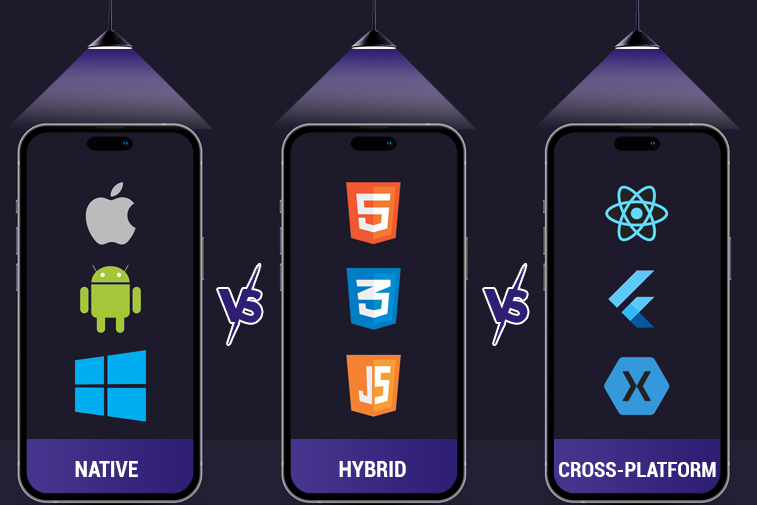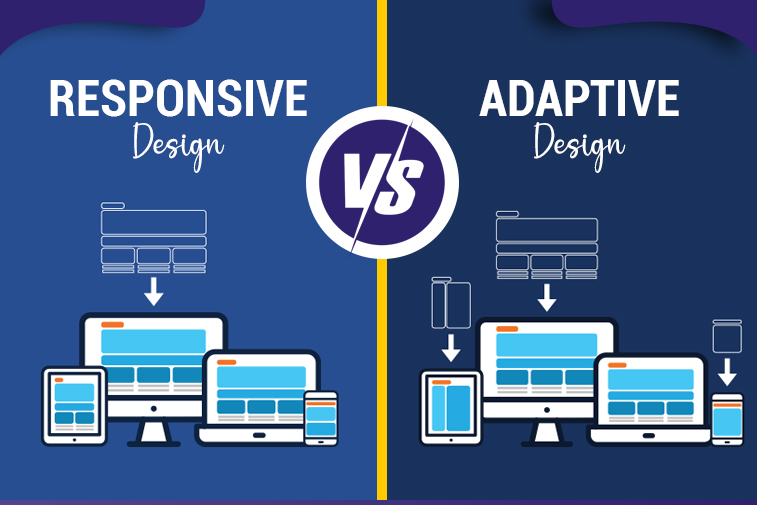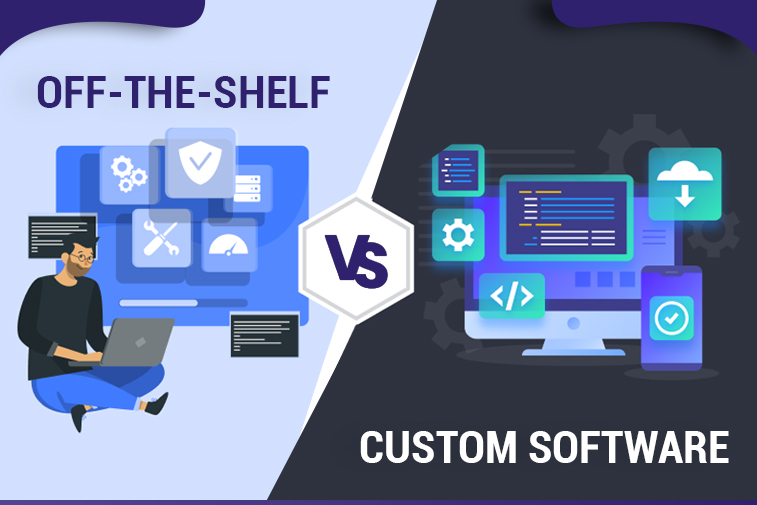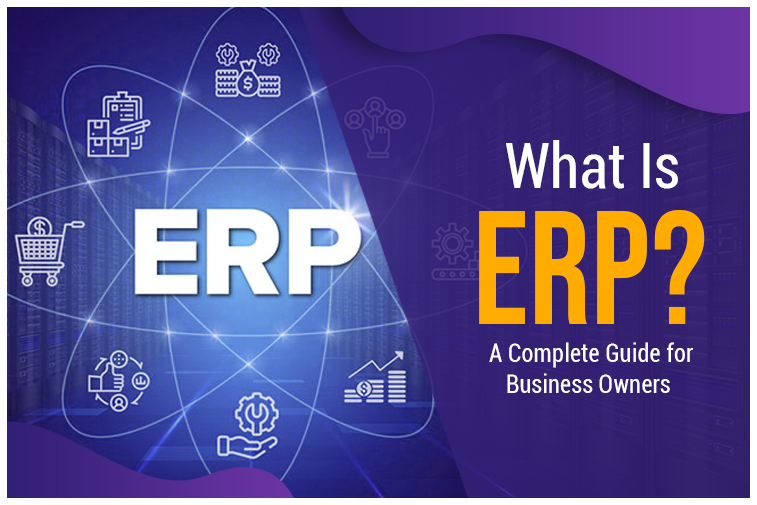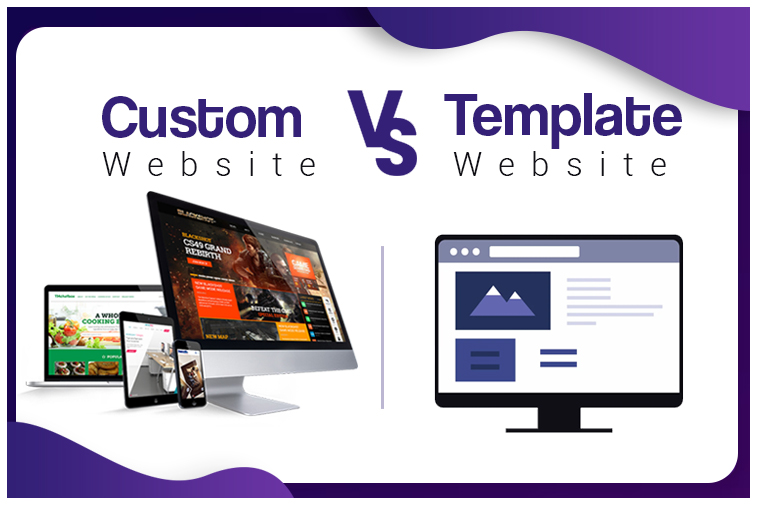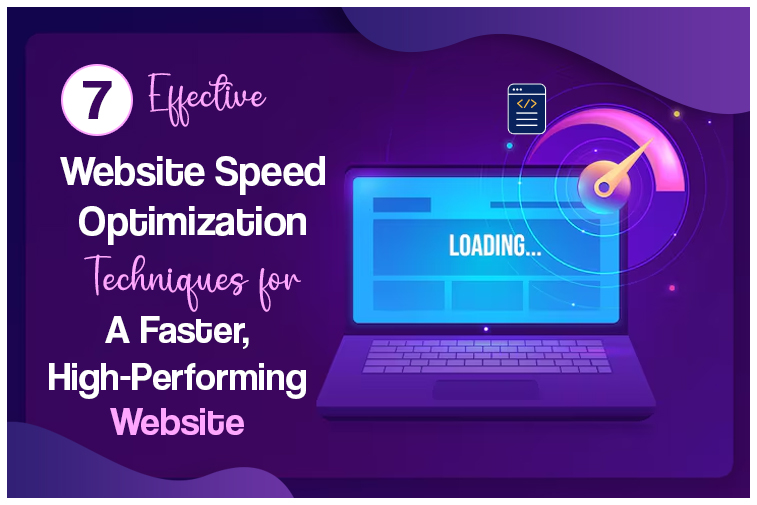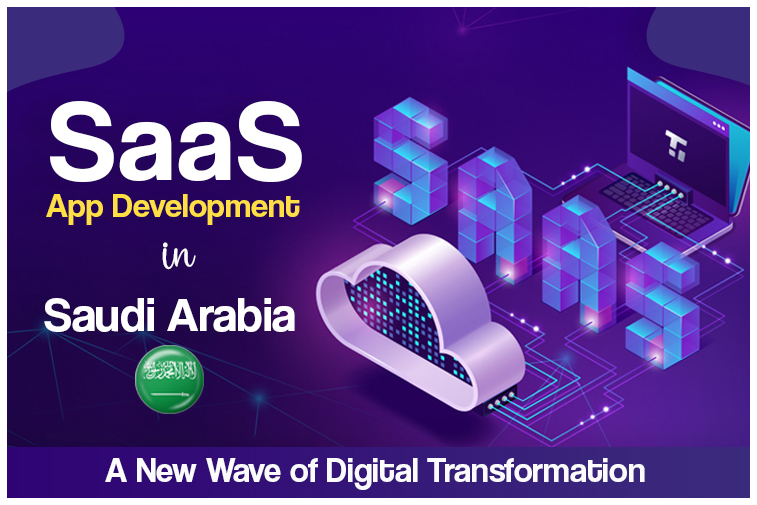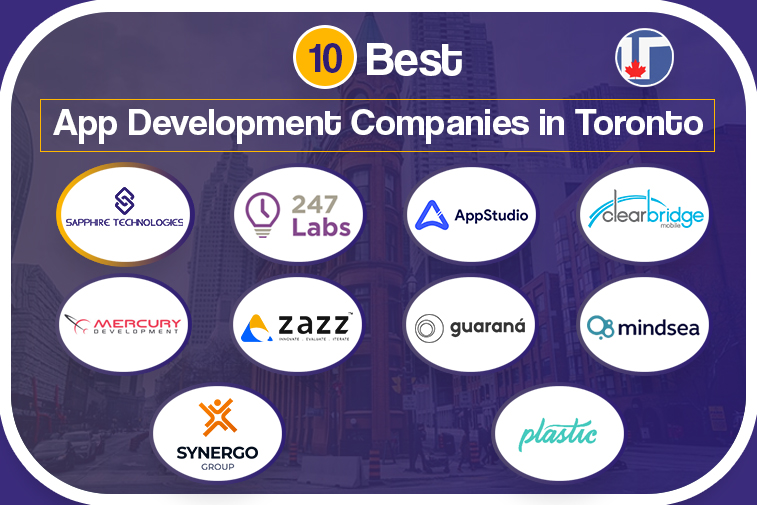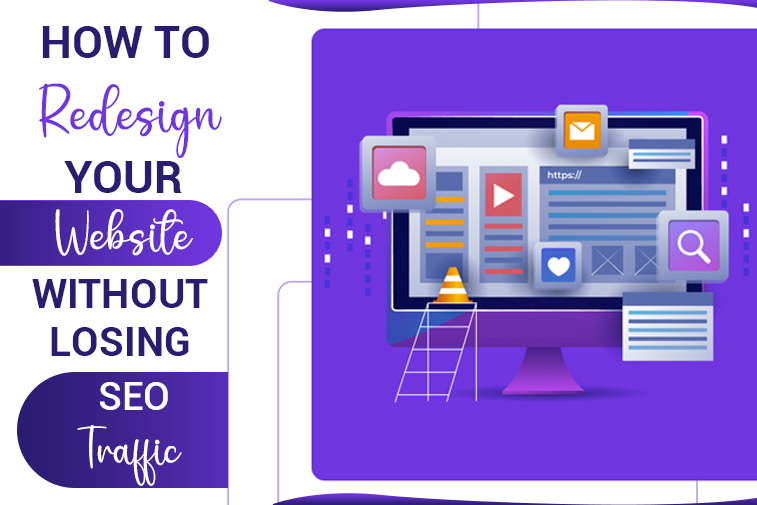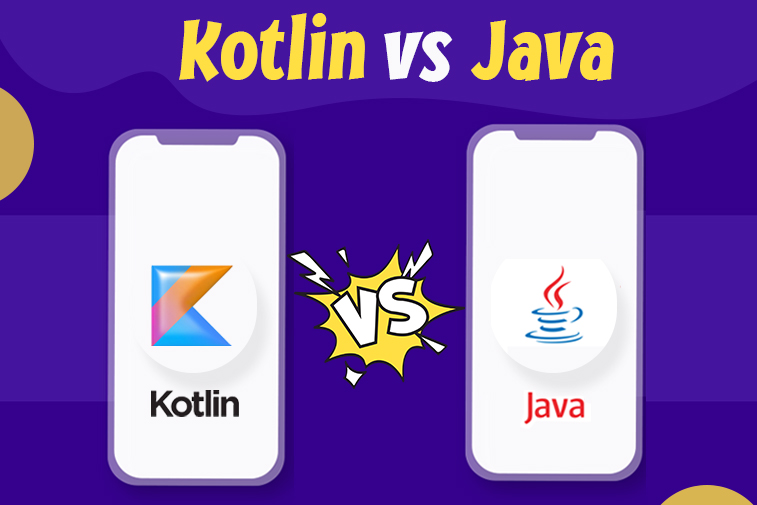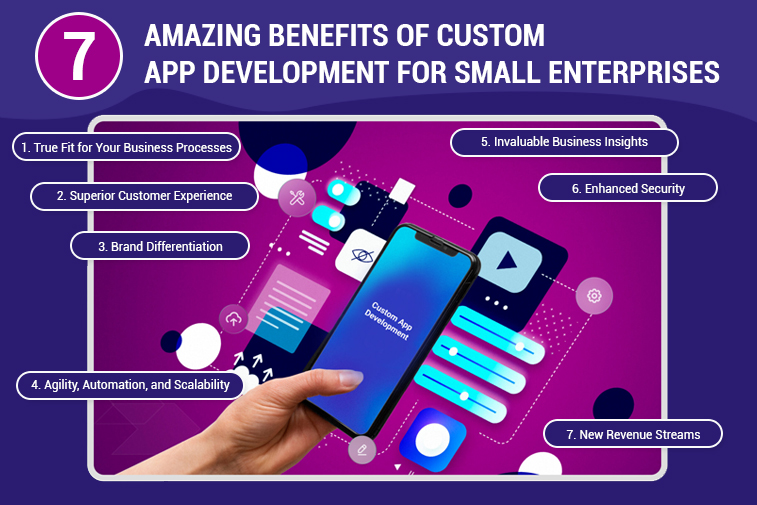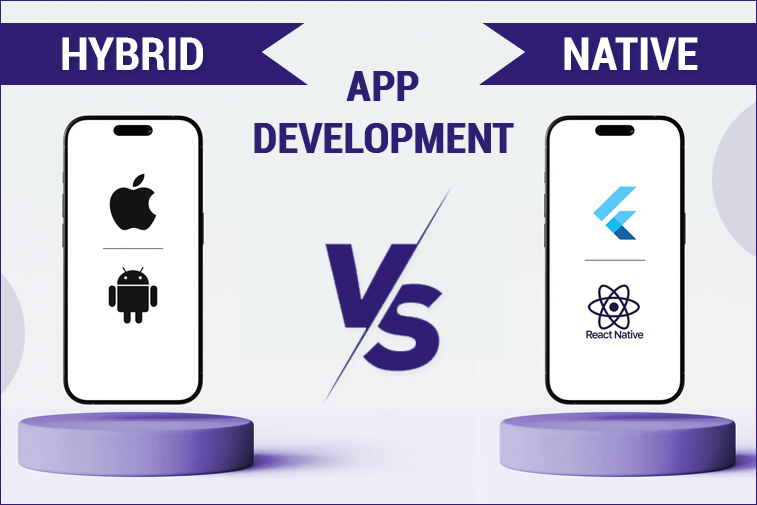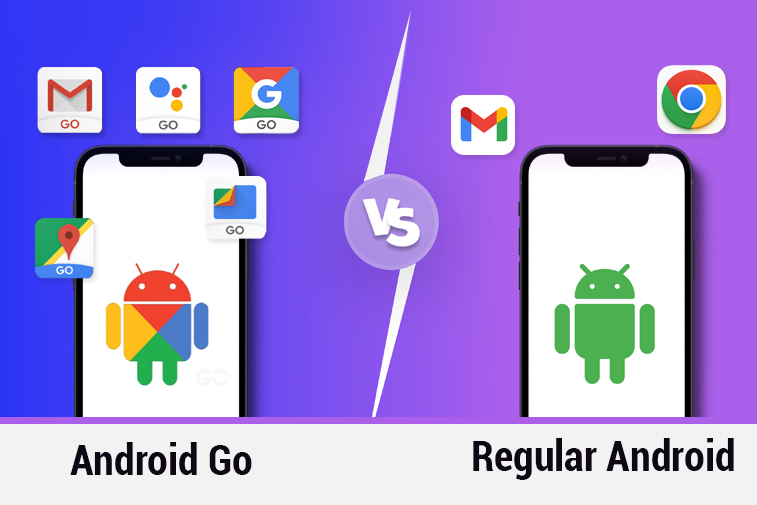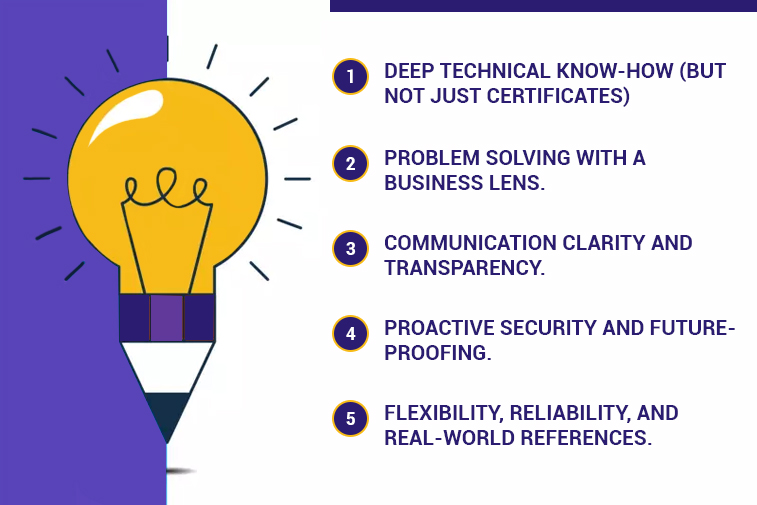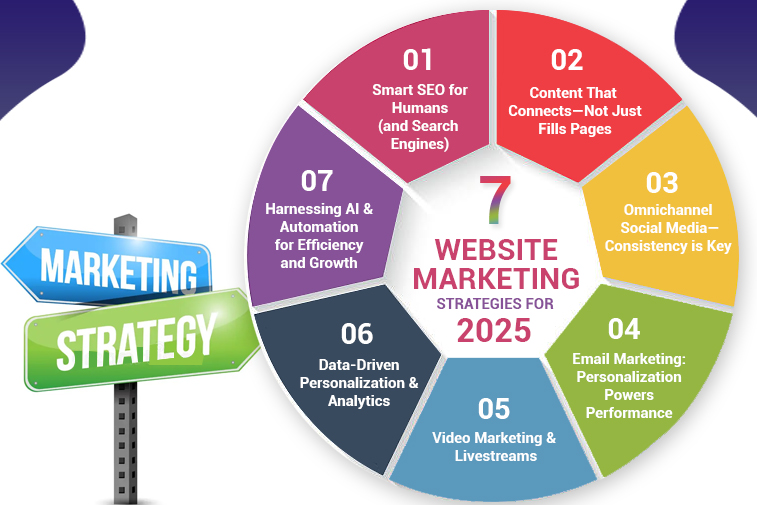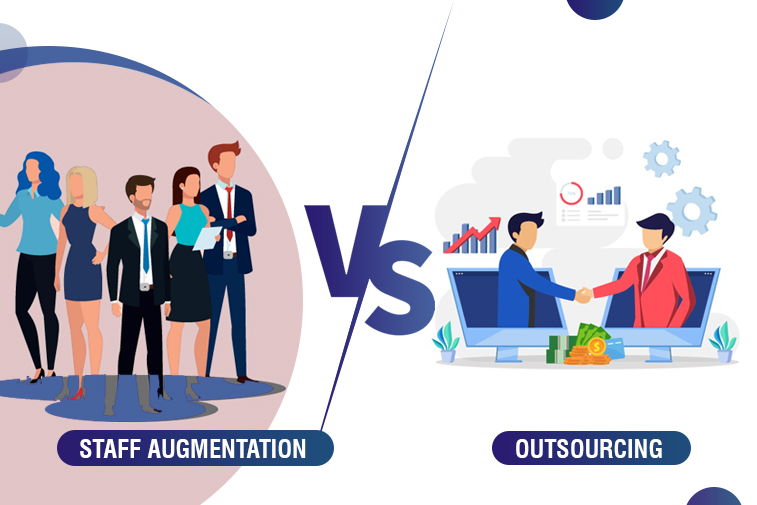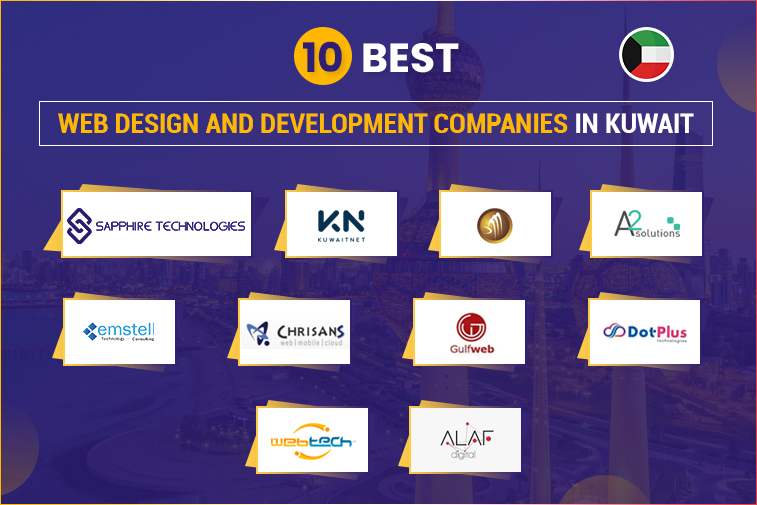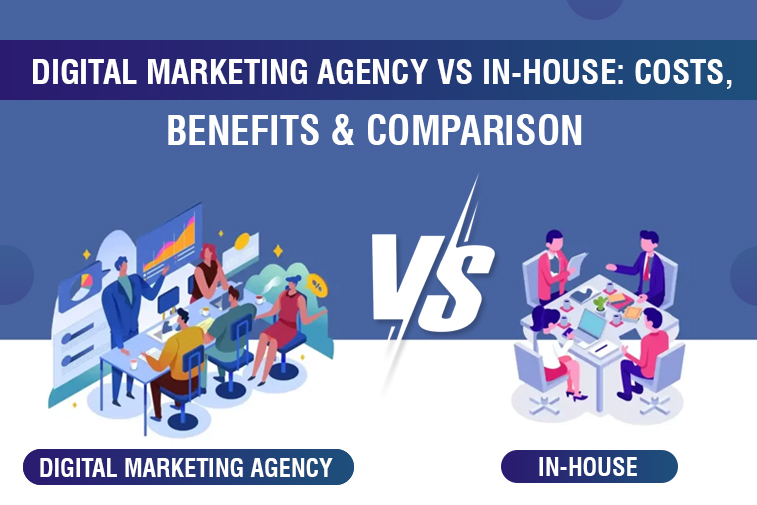Hybrid Vs Native Vs Cross-Platform: Which is Best for App Development?
Choosing the right approach for your next mobile app isn’t just about tech—it’s about the future of your business, how fast you can get to market, your budget, and the experience you create for users. As we step into 2025, the debate between Hybrid App Development, Native App Development, and Cross-Platform App Development is more relevant than ever. If you’re feeling the pressure to “get it right” for your brand or business, you’re not alone.
At Sapphire Technologies Pvt Ltd, we’re here to demystify the jargon and help you make the smartest move, based on real needs and real results. Here’s everything you should know before you invest.
Defining the Approaches
Let’s lay out the basics in plain language so you know exactly what each method means:
Native App Development
- What it is: Building separate apps for each mobile OS (usually Swift for iOS, Kotlin or Java for Android).
- Result: Each app is tailor-made for its platform, giving you full access to device features and maximum possible performance.
- Example: Snapchat, which needs perfect camera and AR integration, is natively built for each system.
Hybrid App Development
- What it is: Creating a single app codebase using web technologies like HTML, CSS, and JavaScript. The app is displayed inside a ‘webview’ on the device and packaged for each platform.
- Result: One team, one codebase, runs on both iOS and Android. Performance can vary depending on what the app needs to do.
- Example: Early versions of Instagram and Uber, and many business “companion” apps.
Cross-Platform App Development
- What it is: Using frameworks (like React Native or Flutter) to create a single codebase that compiles into real native code for both platforms.
- Result: Near-native performance and user experience with roughly 70-90% shared code, meaning only select parts must be customized for each OS.
- Example: Walmart and Alibaba use React Native to update their massive mobile apps for both iOS and Android with one team.
The Key Differences Between Hybrid, Native and Cross-Platform
Understanding the difference between Hybrid, Native and Cross-Platform app development is vital—it affects your time, cost, and long-term product success.
|
Criteria |
Native |
Hybrid |
Cross-Platform |
|
Codebase |
Separate for iOS/Android |
Single |
Single (with some tweaks) |
|
Performance |
Best-in-class, hardware-level |
May lag; “webby” feel |
Near-native; smooth |
|
UI/UX |
Fully native look & feel |
Web-like, less refined |
Native widgets, close match |
|
Access to Features |
Full, instant |
Limited by plugins |
Good; can bridge for gaps |
|
Development Time |
Long (duplicate efforts) |
Fastest |
Faster than native |
|
Maintenance |
High (double updates) |
Easiest |
Easier than native |
|
Cost |
Highest |
Lowest |
Medium |
|
Best for |
Games, AR, heavy tech/apps |
MVPs, internal tools, simple |
Broad-audience apps/MVPs |
Similarities Between Hybrid, Native and Cross-Platform App Development
Despite these differences, all three share some important similarities:
- App store distribution: All approaches let you launch apps on the App Store and Google Play.
- Business logic: All can power robust business tools or consumer experiences, given the right technology choices.
- Push notifications & device access: With modern frameworks, all can support notifications, geolocation, cameras, and payments—though implementation varies.
- Security: All can be made secure by following best practices.
- Continuous improvement: Updates and new features are always possible, with different speed and cost implications.
When to Choose Each Approach
Native App Development: When Is It Best?
- For maximum performance. Real-time gaming, 3D rendering, video editing, and advanced AR/VR are best native.
- If design matters. Pixel-perfect, platform-consistent experiences.
- For bleeding-edge device features. The latest camera APIs, hardware, biometrics, etc., hit native first.
- For top-shelf reliability. Mission-critical consumer apps in healthcare, finance or transportation.
Hybrid App Development: When Is It Best?
- You need an MVP, prototype, or business-support tool—fast and at low cost.
- Simple functionality (like displaying info or forms), where UI “polish” is less important.
- Internal business apps. Perfect for when only basic device access is needed.
- Time and budget are tight and ongoing “wow factor” isn’t a priority.
Cross-Platform App Development: When Is It Best?
- Need to cover iOS and Android, fast.
- Budget-conscious scaling. One codebase, one team.
- Balanced performance and UI. With Flutter or React Native, apps look and feel like native to most users.
- Frequent updates needed. Maintenance is simpler and release cycles are shortened.
- Your app is ambitious, but resources aren’t unlimited.
In-Depth Pros & Cons of Each Approach
Native App Development
Pros:
- Ultimate performance and responsiveness
- Access to all device API features immediately
- Highest “trust” from app stores
- Best for long-term, complex builds
Cons:
- Requires separate teams (iOS & Android)
- Slowest, most expensive development path
- Harder to synchronize features and updates
Hybrid App Development
Pros:
- Fastest to develop and deploy
- Most affordable for simple apps
- One update goes to all users
Cons:
- Lowest performance for graphics-heavy or interactive apps
- UI may “feel” less natural to users
- Plug-in support for device features can lag behind current phones
- Scaling or adding complex features later can be hard
Cross-Platform App Development
Pros:
- Near-native performance with a shared codebase
- Great for most business and consumer apps
- Streamlined updates and savings in maintenance
- Active support and big developer communities in 2025
Cons:
- Rare cases of performance lag (e.g., intensive hardware use)
- Access to brand-new device features may need custom coding
- For very complex or visually unique apps, may require additional native tweaks
Hybrid Vs Native Vs Cross-Platform 2025: Real Business Scenarios
- Scenario 1:
You’re a startup needing to get to market in 3 months, validate your idea, and keep your burn low.
→ Hybrid or Cross-Platform is your friend. - Scenario 2:
You run a fintech platform—speed, security, and flawless UI are musts.
→ Go Native. - Scenario 3:
You want to scale fast, have a limited dev team, but need your app on both iOS and Android with rich features.
→ Cross-Platform will likely serve you best.
The Winner? It Depends!
No single approach is “best” for all situations. Ask yourself:
- How complex is the app really?
- Will performance differences matter to users?
- Are you planning for version 1…or the next 5 years?
- What’s your real budget, both for launch and next year’s updates?
At Sapphire Technologies, we recommend a strategic planning session before coding begins, mapping your current needs and long-term vision against what each method offers. Sometimes, the journey even begins with hybrid or cross-platform, then evolves to native as your app—and your business—mature.
Hybrid Vs Native Vs Cross-Platform FAQs
Q1: What’s the main difference between Hybrid, Native, and Cross-Platform App Development?
Native apps are built separately for each OS (giving top performance and access). Hybrid apps use a single web-based codebase “wrapped” for multiple platforms (fast, but less refined). Cross-Platform (like Flutter/React Native) is one codebase for both, offering high performance and native-like UI.
Q2: Can cross-platform or hybrid apps access all device features?
Most features, yes—but plug-in support may lag behind. If you need the very latest hardware APIs, native is safest.
Q3: Are native apps always more expensive?
Generally, yes. Building and maintaining two distinct versions costs more, but delivers unique benefits for some use-cases.
Q4: Is there a big difference in user experience between these approaches?
For simple or moderately complex apps, most users can’t tell the difference. Power users or those needing real-time performance (gaming, streaming) will notice.
Q5: Can I start with one method and switch later?
Yes, but migrating from one codebase to another (say, hybrid to native) isn’t always simple or cheap. The earlier you clarify your long-term goals, the better.
Final Word
Hybrid Vs Native Vs Cross-Platform is less about tech rivalry and more about honest alignment with your brand’s real needs, resources, and ambition. Choosing the right path—not the trendiest—is where digital leadership begins.
Ready to map out your next mobile move? Sapphire Technologies is here to turn your app vision into a market-winning reality—with the best-fit technology, every time. Contact Sapphire Technologies for Free Consultation!

 Saudi
Saudi Dubai
Dubai Kuwait
Kuwait Toronto
Toronto London, UK
London, UK India
India
